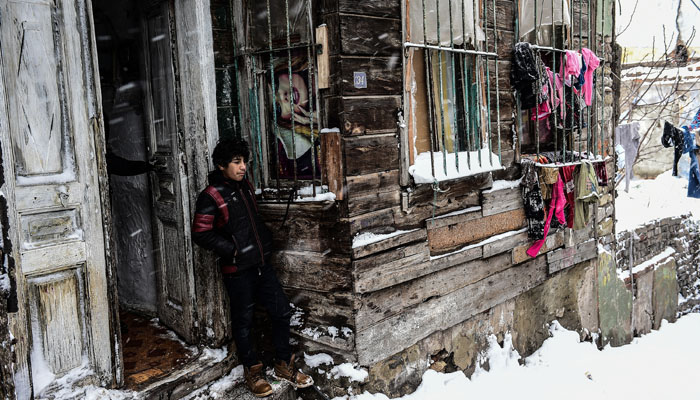Okan Bulut
Since the domestic conflict erupted in Syria in 2011, more than 2.5 million Syrians have found refuge in Turkey. Throughout the last five years, Turkey has served as a catalyst for the Syrians, affected by the violence in the neighboring country.
Following the failed coup attempt on July 15, 2016, the Turkish government quickly blamed US-based cleric Fethullah Gülen and his followers for orchestrating the coup plot. Within this framework, it has arrested more than 40,000 dissidents and purged in excess of 100,000 public servants without trial on charges of supporting the Gulen movement.
Although one-fifth of all the judges and prosecutors in the country have been arrested and the rule of law has been severely undermined, Western countries and international organizations including the EU and NATO seem reluctant to condemn the post-coup crackdown in an effective manner. Despite reliable reports of human rights violations, Western officials are turning a blind eye to the incidents in the post-coup era.
Turkey observers believe that the West’s unwillingness to react to the situation in Turkey is closely related to Turkey’s success in absorbing the Syrian refugees. EU countries are clearly frightened by Turkish President Recep Tayyip Erdoğan’s threats of letting the Syrian refugees into Europe. It is worth mentioning that a refugee deal is still being negotiated between the EU and Turkey despite the fact that Turkey is turning into an authoritarian Islamic regime.
The recent incidents in Turkey, however, may have greater implications for the West than the Syrian refugee crisis. As a result of the crackdown on its own security forces, Turkey is more fragile in terms security than it has ever been before. The attacks perpetrated by the Islamic State of Iraq and Syria (ISIS) and Kurdistan Workers’ Party (PKK) have resulted in the death and injury of hundreds of people since the coup attempt. As a great majority of the counterterrorism professionals and the army are in jail on charges of affiliation with the Gulen movement, the government is proving to be extremely ineffective in responding to the terrorist threats. On the other hand, the imprisonment of pro-Kurdish MPs by the government will likely trigger more PKK attacks in the near future. The ISIS leader, Al-Baghdadi, has also called on members of his network to carry out further attacks in Turkey.
In the face of the deteriorating environment in the country, a majority of Turkish citizens are feeling highly concerned about their security. People have been reluctant to leave their houses to avoid possible attacks for the last couple of months, and those who are wealthy and educated enough have already started considering migrating to safer countries. If the Turkish government cannot take the necessary measures to thwart future attacks and if the security situation in the country keeps getting worse, EU countries should expect an influx of Turkish refugees in the coming years.
Taking into account the population of the country, approximately 80 million, a wave of refugees from Turkey might have greater consequences for the EU than the Syrian conflict.
Members of the Gulen movement in Turkey may be another aspect of a would-be Turkish refugee crisis. The number of people who have been directly or indirectly affected by the government’s “cleansing policy” is believed to be in the millions. These people can neither find employment in government or private sector, nor can they benefit from social security since they have been blacklisted by the government. They are also being intimidated by pro-government mobs who are agitated by the government against the group. Although the government cancelled their passports under the state of emergency, they are left without any options other than seeking asylum in Western countries once they can obtain passports.
Rule of law, democracy, freedom of expression and judicial impartiality are the core prerequisites of a stable country. Although it is an EU candidate country, Turkey has radically undermined these values, especially after the coup attempt, and it has already begun to suffer from the consequences. The EU and the West in general should focus on the possible implications of the situation in Turkey for themselves right away and force the Turkish president into a normalization of the country.
The West should keep in mind that instability in Turkey has the huge potential of rapidly crossing the borders of Europe, and it should revisit its Turkey policy accordingly.


